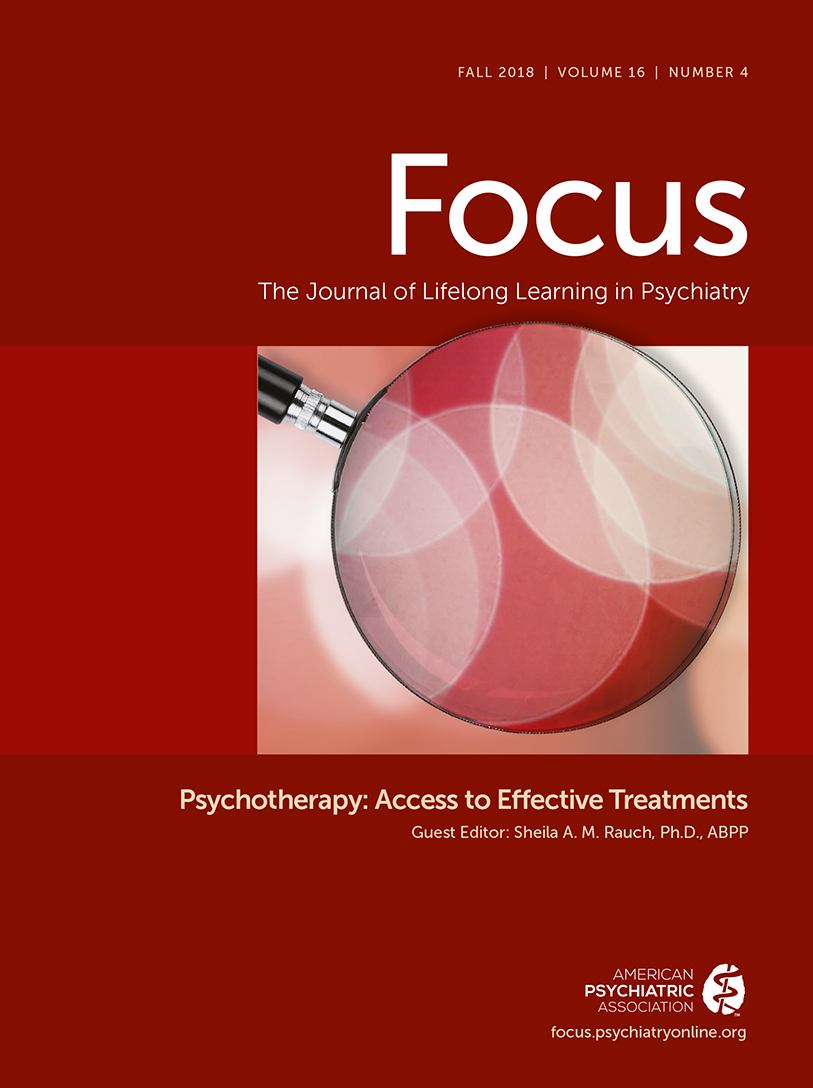Comparison of 21 Antidepressants
Comparing antidepressants is a vexing clinical problem. Network meta-analysis is a newer statistical technique that allows simultaneous comparison of many treatments by using both direct comparisons (head-to-head trials, e.g., A versus B or B versus C trials) and indirect comparisons (if A>B and B>C, one can infer that A>C even in the absence of direct A versus C trials). Cipriani et al.’s article (1) describes an update of a 2009 network meta-analysis that examined 12 antidepressants in 117 head-to-head trials with 26,000 patients, which at the time was groundbreaking for psychiatry. The 2018 update examines 21 antidepressants compared with placebo or comparators in 522 trials with almost 117,000 patients; a subanalysis of head-to-head trials included 194 trials and 34,000 patients. The main outcomes were response (defined in the usual way, as 50% or greater improvement on a depression scale) and acceptability (defined as all-cause discontinuation, a proxy for tolerability) at eight weeks.
In the overall analysis, all antidepressants were more efficacious than placebo. In the head-to-head analysis, seven antidepressants showed relatively higher response and six showed relatively higher acceptability than others. Only three antidepressants (agomelatine, escitalopram, and vortioxetine) demonstrated both higher efficacy and higher acceptability. This study is noteworthy because it emphasizes the importance of balancing efficacy with acceptability to detect small but still clinically relevant differences among antidepressants. Although the usual caveats for meta-analysis must be considered (results based on clinical trials that may not reflect what occurs with patients; undue focus on short-term acute-phase treatment; absence of data on functional outcomes; lack of cost-effectiveness analyses), I agree with the authors that “these results will assist in shared decision making between patients, carers, and their clinicians.”
1 : Comparative efficacy and acceptability of 21 antidepressant drugs for the acute treatment of adults with major depressive disorder: a systematic review and network meta-analysis. Lancet 2018; 391:1357–1366Crossref, Google Scholar



